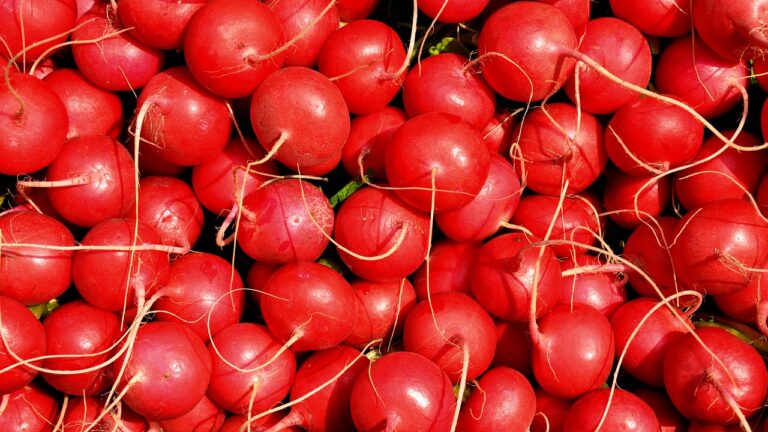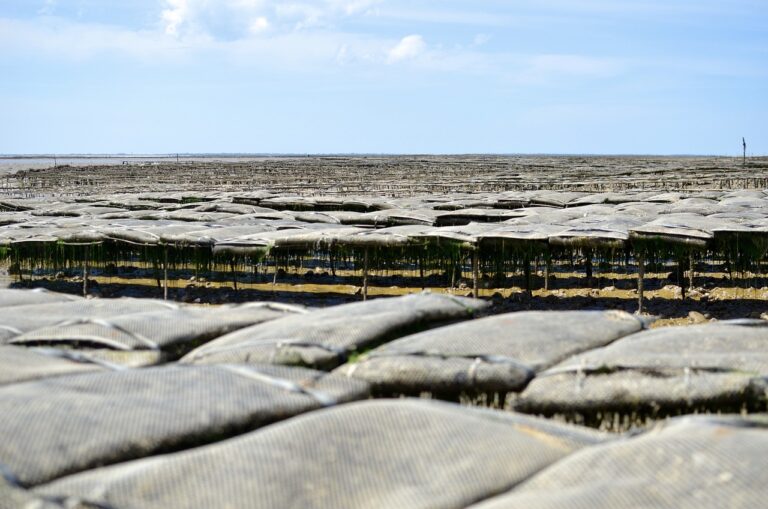Analyzing the Impact of Meat Processing on Traditional Food Systems: Silver exchange, Goldenexch login, Betbook247.com login
silver exchange, goldenexch login, betbook247.com login: The impact of meat processing on traditional food systems is a complex issue that has far-reaching implications for both our health and the environment. As modern technology and industrialization have transformed the way we produce and consume food, traditional food systems have had to adapt to keep up with the demands of a rapidly changing world. In this article, we will explore the ways in which meat processing has influenced traditional food systems and what this means for our future.
The Rise of Meat Processing
Meat processing has become an integral part of the modern food industry, with large-scale processing plants producing millions of pounds of meat each year. This has allowed for the mass production of meat products, making them more accessible and affordable to consumers worldwide. However, this shift towards industrialized meat processing has had significant implications for traditional food systems.
Impact on Local Farmers
One of the most significant impacts of meat processing on traditional food systems is the displacement of small-scale, local farmers. With the rise of industrialized meat processing, many small farmers have struggled to compete with larger, more efficient operations. This has led to the decline of traditional farming practices and the loss of agricultural diversity in many regions.
Environmental Concerns
The environmental impact of meat processing is also a major concern. Industrialized meat production is a significant contributor to greenhouse gas emissions, deforestation, and water pollution. The large-scale use of antibiotics and growth hormones in livestock farming has also raised concerns about the long-term effects on human health and the environment.
Health Implications
The rise of processed meats in our diets has also raised significant health concerns. Processed meats are often high in saturated fats, cholesterol, and sodium, which can contribute to a variety of health issues, including heart disease, diabetes, and obesity. Additionally, the use of additives and preservatives in processed meats has been linked to an increased risk of cancer.
The Future of Traditional Food Systems
Despite these challenges, there is hope for the future of traditional food systems. Many consumers are becoming more aware of the environmental and health implications of meat processing and are seeking out alternative sources of sustainably produced meat. This has led to a resurgence in demand for organic, grass-fed, and locally sourced meats, as consumers look to support small-scale farmers and promote more sustainable food systems.
FAQs
Q: How does meat processing affect traditional food cultures?
A: Meat processing can disrupt traditional food cultures by promoting standardized production methods and diminishing the diversity of traditional food practices.
Q: What are some alternatives to industrialized meat processing?
A: Consumers can support traditional food systems by seeking out locally sourced, organic, and sustainably raised meats from small-scale farmers.
Q: What can we do to promote more sustainable food systems?
A: By supporting local farmers, reducing our meat consumption, and advocating for stronger regulations on meat processing, we can help promote more sustainable food systems for the future.
In conclusion, the impact of meat processing on traditional food systems is a complex and multifaceted issue that requires careful consideration. By understanding the implications of industrialized meat production and supporting more sustainable alternatives, we can help preserve traditional food cultures and promote healthier, more environmentally friendly food systems for generations to come.







